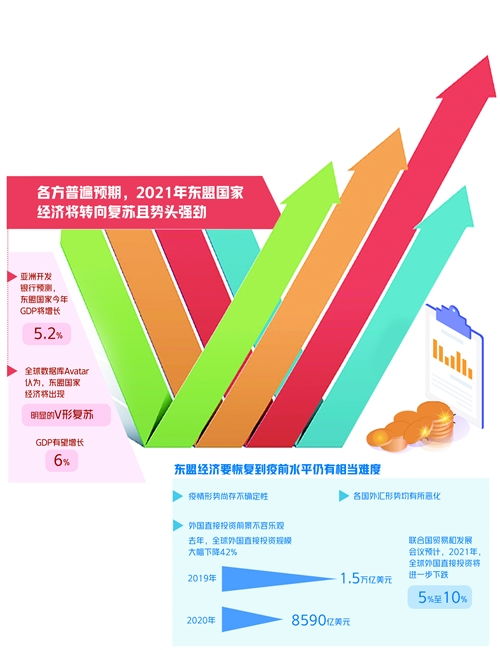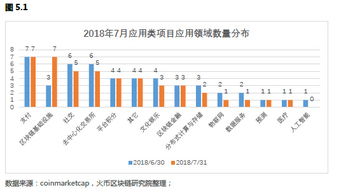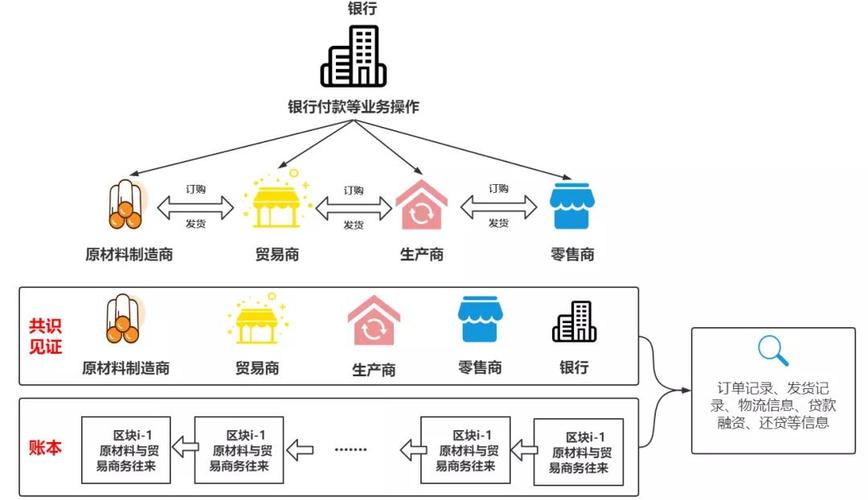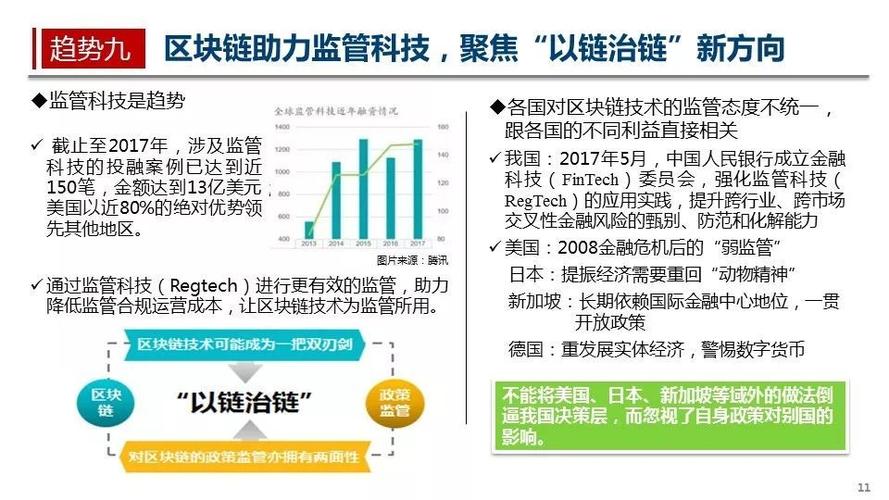区块链国际贸易报告英文版
Title: Blockchain in International Trade: A Comprehensive Report
Blockchain technology has been increasingly making waves in the field of international trade, revolutionizing the way businesses conduct transactions and manage supply chains. This report aims to provide a comprehensive overview of the applications, benefits, challenges, and future potential of blockchain in international trade.
Table of Contents:
1. Introduction
2. Understanding Blockchain Technology
3. Blockchain Applications in International Trade
Smart Contracts
Supply Chain Management
Trade Finance
Customs and Border Protection
4. Benefits of Blockchain in International Trade
Transparency and Traceability
Security and Fraud Prevention
Efficiency and Cost Savings
Dispute Resolution
5. Challenges and Limitations
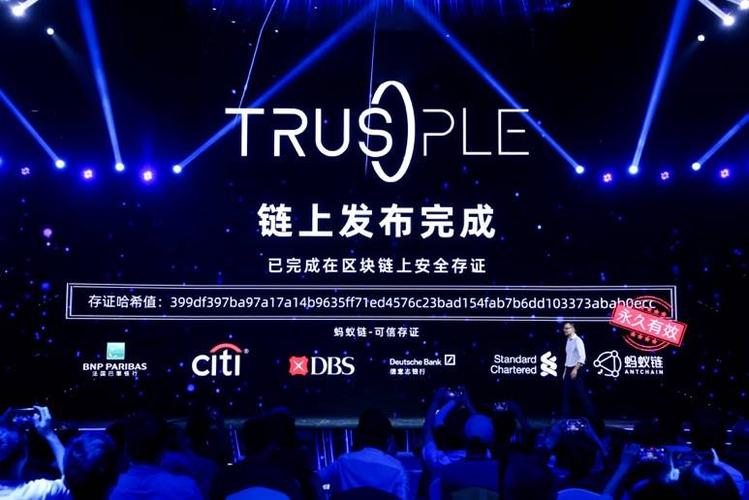
Regulatory Hurdles
Interoperability
Scalability
Data Privacy and Confidentiality
6. Case Studies
IBM Food Trust
Maersk and IBM TradeLens
We.Trade Platform
7. Future Outlook and Potential Developments
8. Recommendations for Implementation
9. Conclusion
1. Introduction
The introduction provides an overview of the significance of blockchain technology in the realm of international trade and sets the context for the report.
2. Understanding Blockchain Technology
This section delves into the fundamental principles of blockchain, including decentralization, immutability, and consensus mechanisms.
3. Blockchain Applications in International Trade
Here, the report discusses specific applications of blockchain technology in international trade, such as smart contracts, supply chain management, trade finance, and customs and border protection.
4. Benefits of Blockchain in International Trade
The section details the various advantages of incorporating blockchain in international trade, including enhanced transparency, heightened security, improved efficiency, and streamlined dispute resolution.
5. Challenges and Limitations
This part of the report outlines the obstacles and constraints associated with the adoption of blockchain in international trade, such as regulatory hurdles, interoperability issues, scalability concerns, and data privacy challenges.
6. Case Studies
The report presents realworld case studies of successful blockchain implementations in international trade, featuring initiatives like IBM Food Trust, Maersk and IBM TradeLens, and the We.Trade platform.
7. Future Outlook and Potential Developments
In this section, the report explores the future trajectory of blockchain in international trade and potential advancements in the technology that could further transform the industry.
8. Recommendations for Implementation
This part provides practical recommendations for businesses and governments looking to leverage blockchain technology in the context of international trade.
9. Conclusion
The conclusion summarizes the key findings of the report and emphasizes the transformative potential of blockchain in international trade, urging stakeholders to embrace the technology.
*Note: The above table of contents offers a roadmap for a detailed and informative report on the integration of blockchain in international trade. Each section would be accompanied by indepth analysis, relevant data, and insights from industry experts to provide a comprehensive understanding of the subject.*








